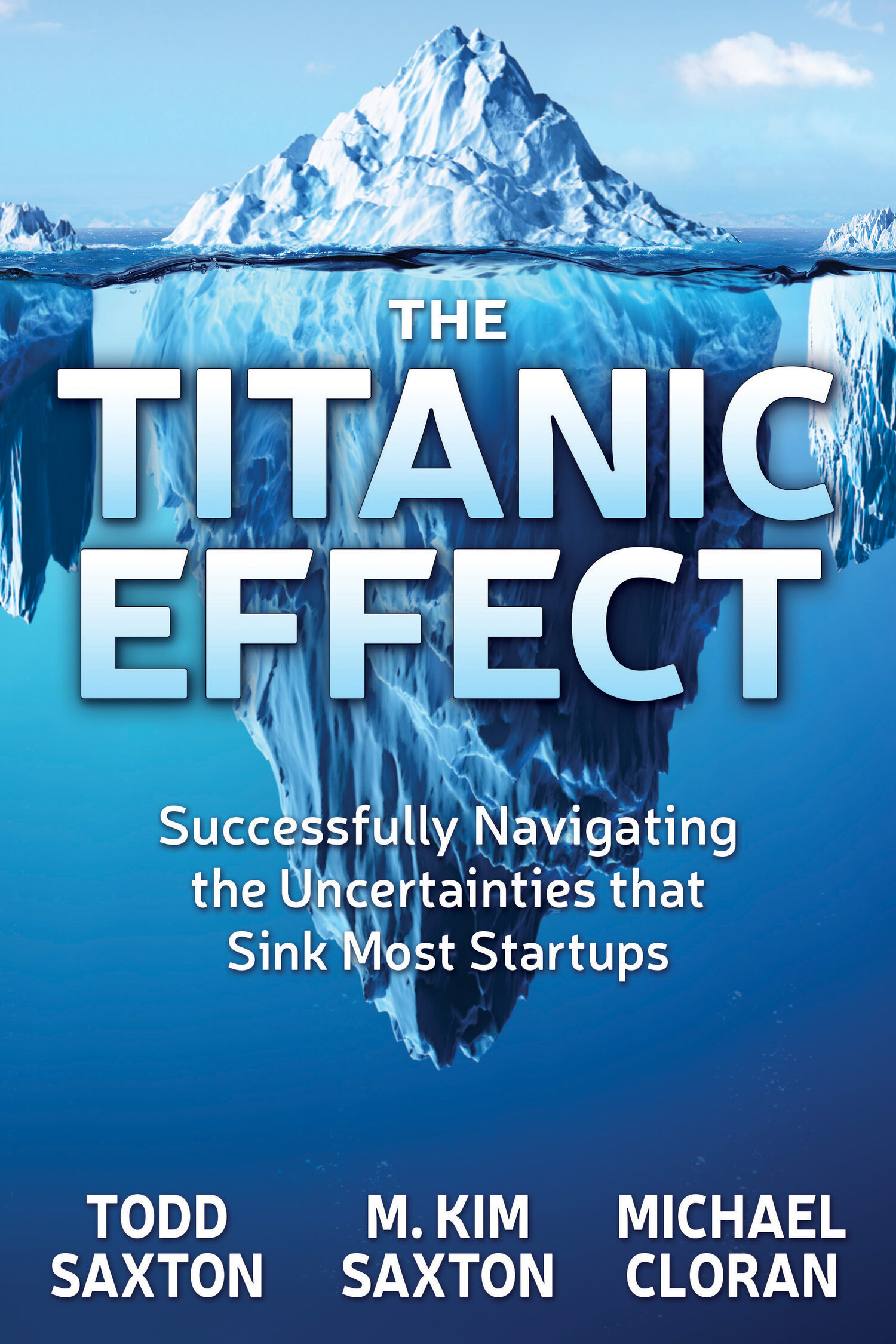The founders of most startups think that they will beat the odds – yet, 70% or more of startups do fail. What are the best things you can do early on in the startup to minimize the likelihood that the pie you are creating gets dropped? We recommend three things:
Avoid the “dearth of diversity danger.” Find co-founders who complement your strengths. All too often, a couple of friends get together and start a company. While that tends to be more “fun,” you probably are friends because you have a lot of similarities. Instead, diversify your founding team with different functional backgrounds – the hacker (the technologist), hipster (looks good and can pitch), and hustler (the salesperson who can dog down leads). And, diversify your team with people who don’t think like you. Your discussions might be more conflictual, but you will most likely reach better outcomes. Get a diverse set of cooks in the kitchen.
Stay away from “inequitable equity.” When a startup is first founded, it’s typically little more than an idea. There’s a long way to go to build a company, find product/market fit, and scale the marketing and sales processes. Sadly, some founders split all of the equity evenly right from the start. Instead, set aside some equity to bring others onto the team, maybe those that diversify your perspective and experiences. Some people recommend that at least 20% of the equity, and even as much as 50%, be saved for later. And then, vest whatever equity is given out over time, based on ongoing contributions to the startup. The founding team needs to focus on growing the pie before they divide it up.
Navigate away from the “customer value void.” Get really close to customers. That might mean purchasing market research to find out what potentials customers think, especially ones you do not know. It also means going out and watching customers. What are they doing in your product category now? What causes them problems?
Photo Courtesy of Lara Banker
Consider investing in market research that is more rigorous at an earlier stage. Many startups rush through the research process. Instead of rigorous research, they ask a few people that they know what they think about the idea. Then, if they do some type of survey, they use a convenience sample of friends and family. These friends and family may or may not even be in the relevant target market. The outcome is feedback that reinforces there is a good idea, even when the idea might not generate enough value to cover costs.
Startup success stories often describe just how much effort founders made early on to understand what customers want:
Randy Hetrick took his early TRX products to weekly “Liquidity Events” he hosted where he invited local athletes to try the products and help him develop workouts in exchange for their favorite libations. He used their feedback to rework the offering.
Gary Erickson took his early Clif Bars to athletic events, gave them away by the hundreds, and asked for feedback.
Blake Mycoskie of TOMS brought a bag of early shoe products to Los Angeles and had women friends host focus group events where the women tried on the shoes and shared their ideas directly with him as to what they liked and disliked.
Chesapeake Bay became a candle company because of customer feedback. Mei Xu and her co-founder, David Wang, knew that they wanted to offer a fashionable home product. However, they didn’t know what the product(s) should be for the U.S. market. To find out, they started by taking about a half dozen different products to a gift show. Once they realized that over 90% of the orders they received were for fashionable candles, they knew they had an idea that the market wanted. This single event netted them $500,000 in orders!
Bottom line, make sure you are creating a pie that customers really want. Build a team that can share different ways of looking at, thinking about, and talking about the pie so that it turns out extra delicious. But don’t carve up the pie among the founding team too early. Make sure everyone earns their piece of the pie, over time.


